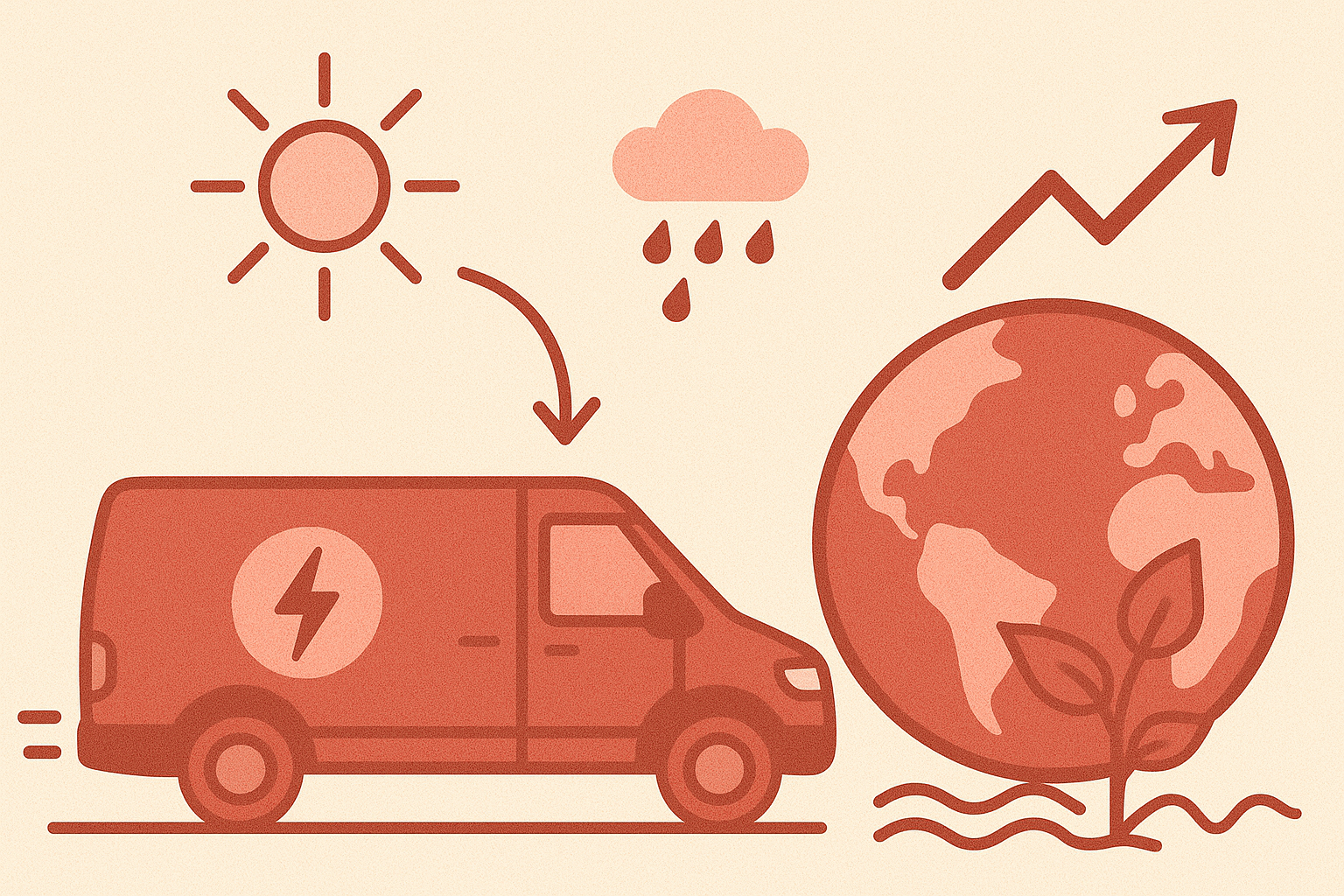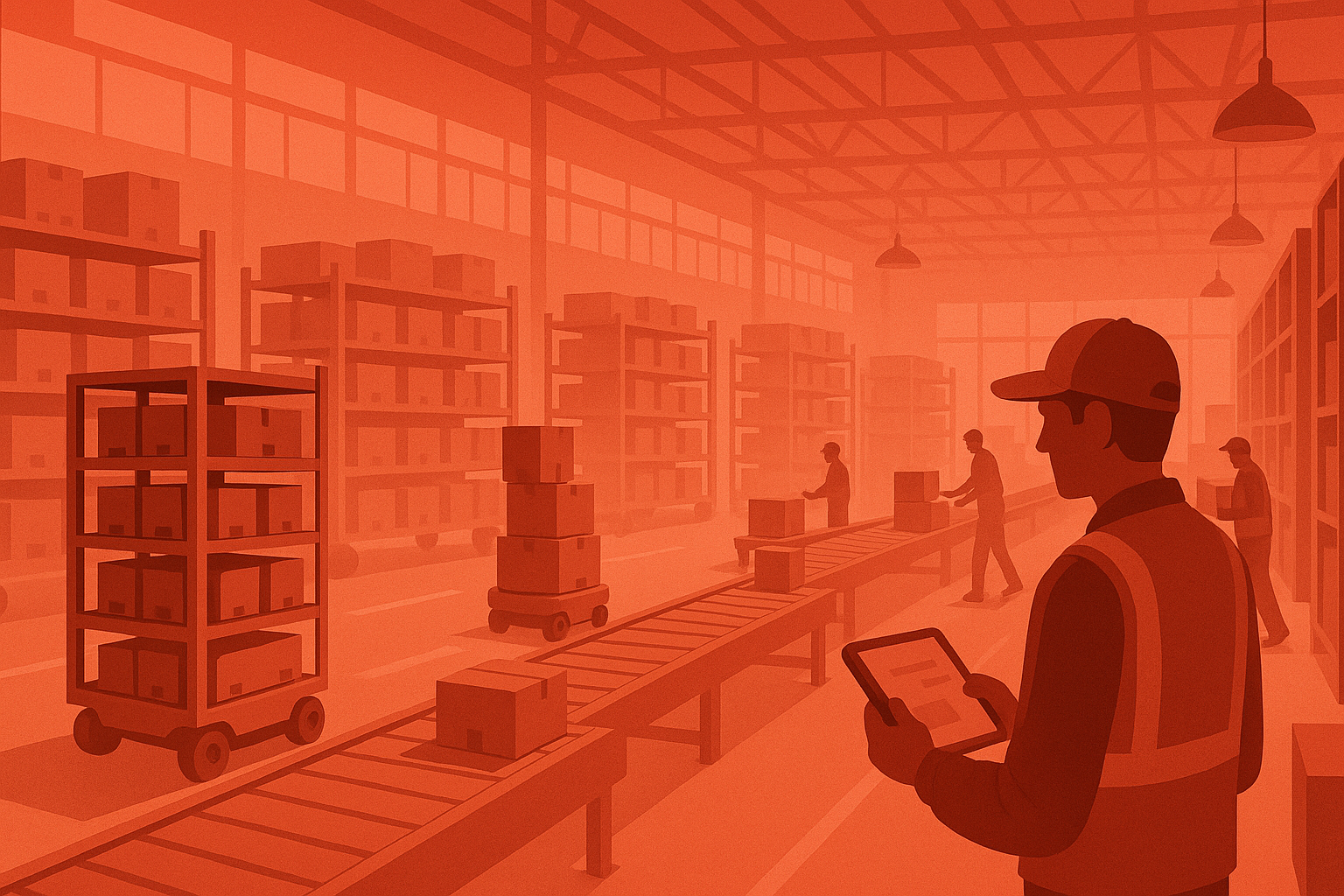Running a charity is an incredibly rewarding pursuit, but it also comes with a unique set of operational challenges. From fundraising and volunteer coordination to governance and compliance, charity teams often find themselves stretched thin. One area that can quietly consume a disproportionate amount of time and resources is logistics.
Here are seven compelling reasons why outsourcing logistics is not just a smart operational move, but a strategic advantage for charities of all sizes.
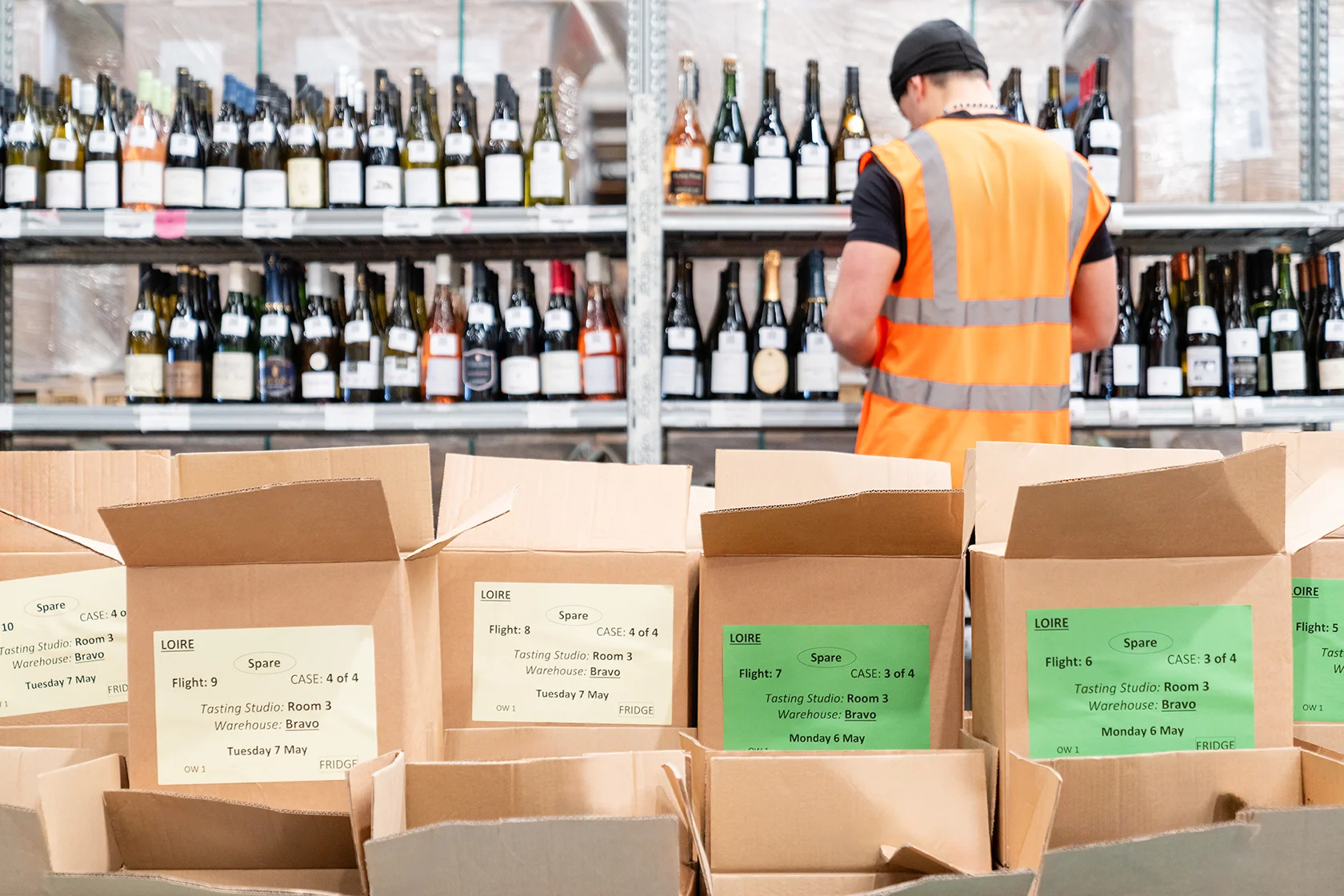
1 – More Time To Focus On Your Mission
The heart of every charity lies in its mission — whether that’s supporting vulnerable communities, funding medical research, or protecting the environment. Managing fulfilment in-house can become a major distraction from these goals, particularly when teams are small.
By outsourcing logistics, charities can free up internal capacity and redirect their energy toward impact-driven work. According to the National Council for Voluntary Organisations (NCVO), focusing on core competencies is crucial for long-term sustainability in the voluntary sector.
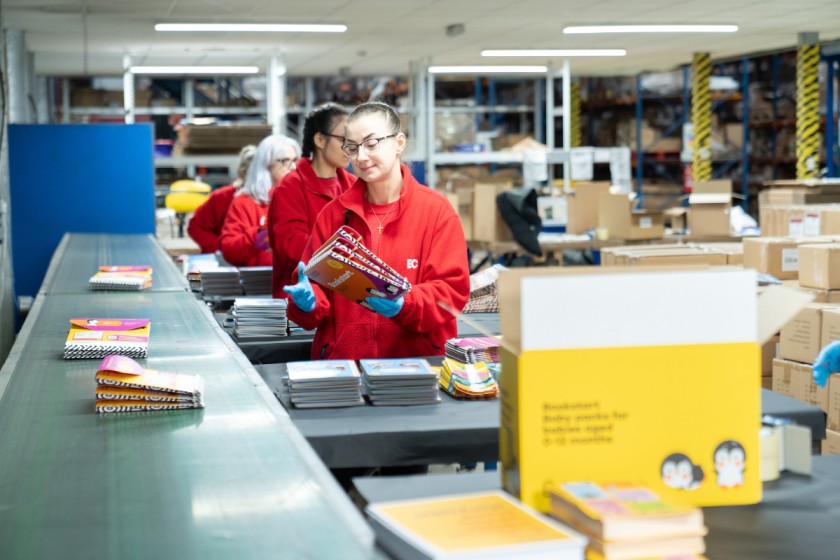
2 – Lower Overhead and Operating Costs
Maintaining a warehouse, employing logistics staff, investing in fulfilment software, and handling storage and shipping all come at a price — often a steep one. Outsourcing eliminates many of these fixed costs and replaces them with predictable, usage-based fees.
Third-party logistics (3PL) providers benefit from economies of scale, enabling them to offer services more affordably than a charity could achieve independently. As Charity Digital explains, outsourcing and digital tools can help reduce operational costs and improve service delivery.

3 – Faster, More Reliable Delivery
Timely and accurate delivery is key to maintaining a positive reputation and building trust with supporters. Whether you’re sending out fundraising packs, welcome gifts, event kits or merchandise, delays or errors can affect donor satisfaction.
Professional fulfilment providers specialise in picking, packing and dispatching large volumes of items efficiently. This ensures your materials arrive quickly and in good condition. Research by McKinsey & Company found that speed of delivery is directly correlated with customer satisfaction — and the same principle applies to donors and beneficiaries.
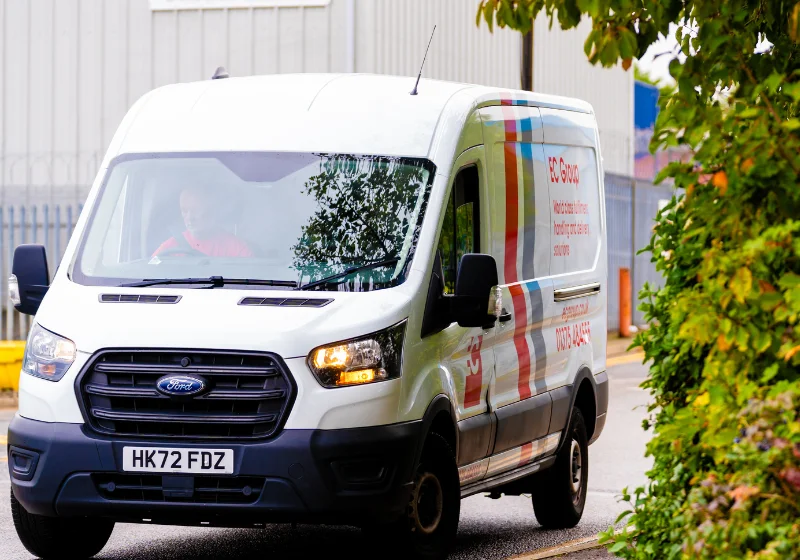
4 – Smarter Inventory Management
Keeping track of inventory in a busy charity environment can be tricky, especially if you’re handling multiple campaigns, donor journeys, or seasonal appeals. Without real-time data and forecasting tools, it’s easy to overstock, under-order, or lose track of valuable materials.
A good 3PL partner will offer advanced inventory tracking software, giving you full visibility into your stock levels, order history and usage trends. Charity Excellence Framework advises that effective stock control is essential not just for cost savings, but also for maintaining donor trust and audit-readiness.
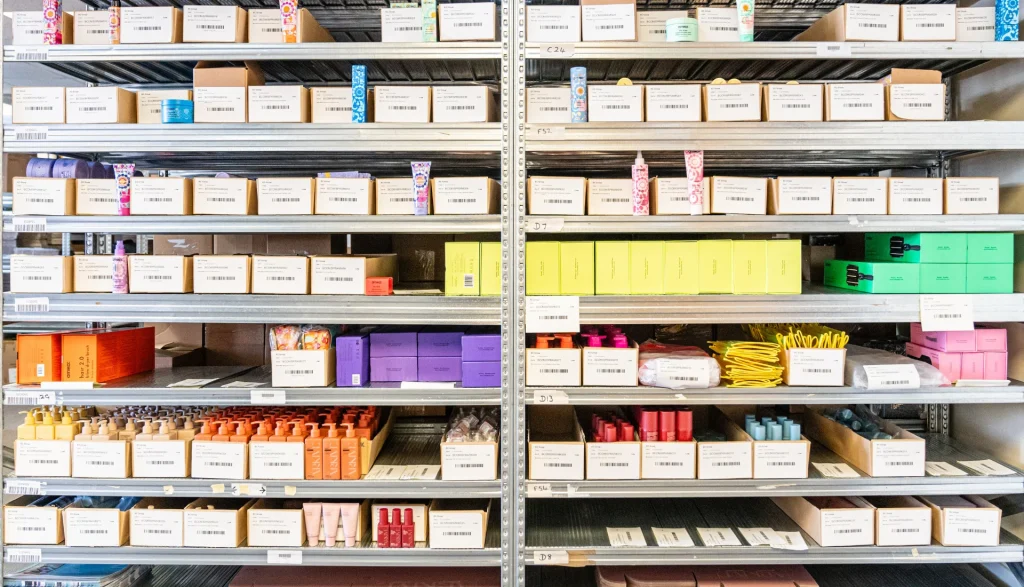
5 – Flexibility and Scalability for Campaigns
Charities often see fluctuating demand throughout the year — whether it’s Christmas appeals, awareness months, or emergency responses. Scaling fulfilment operations to match this kind of activity internally is difficult, particularly with limited staff and storage space.
Outsourcing allows charities to scale up (or down) with ease. Logistics partners can accommodate seasonal spikes, one-off events or high-profile campaigns without the stress of hiring temporary staff or expanding facilities. Pro Bono Economics notes that operational flexibility is a key driver of resilience in the third sector.
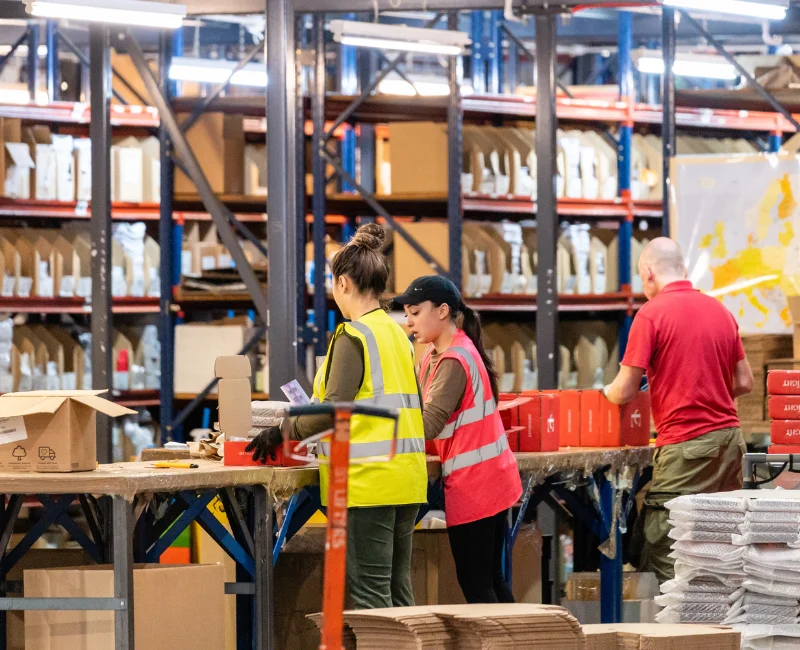
6 – Enhanced Professionalism and Brand Presentation
Your supporters’ experience doesn’t end when they make a donation — the materials they receive afterward are a direct reflection of your organisation. A fulfilment partner ensures that everything from packaging to delivery is consistent, well-presented and on-brand.
From printed welcome packs to merchandise and thank-you gifts, every touchpoint shapes your charity’s identity. The Chartered Institute of Fundraising (CIOF) emphasises that supporter journeys must be carefully curated to drive engagement — and fulfilment is a crucial, often overlooked part of that journey.

7 – Better Data, Better Decisions
Access to data is essential for continuous improvement. Fulfilment providers offer detailed reporting on everything from dispatch times and order volumes to stock turnover and geographic distribution. These insights can help charities plan more strategically, optimise fundraising materials and understand supporter behaviour.
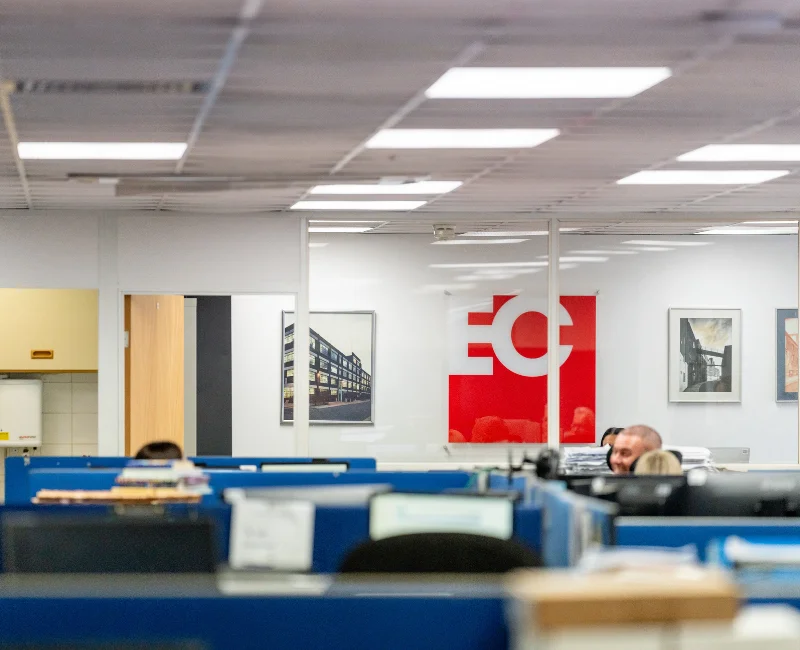
Final Thoughts
Outsourcing logistics isn’t just about offloading a few operational headaches — it’s about unlocking the full potential of your charity. By streamlining fulfilment processes, reducing overheads and improving service delivery, you can focus more energy on what truly matters: making a difference.
At EC Group, we’ve been partnering with charities across the UK to provide scalable, reliable, and cost-effective fulfilment services for over 25 years. From donor packs and campaign materials to storage and stock management, we act as a true extension of your team.

